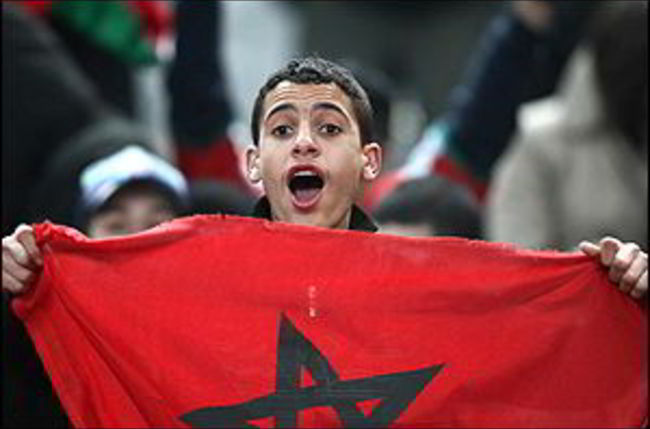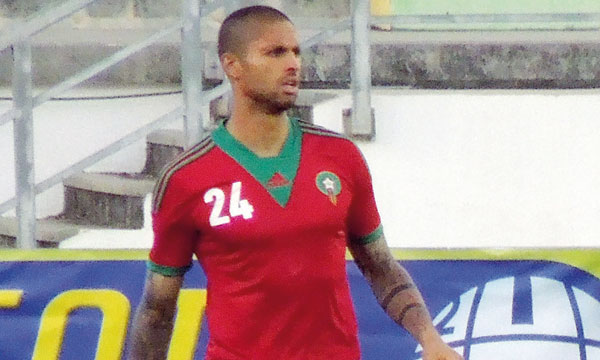AFCON 2015: CAF Slaps Morocco with Heavy Sanctions Over Tournament Withdrawal
By BBC Sport Africa
The Confederation of African Football (CAF) has imposed severe sanctions on Morocco following its decision to withdraw from hosting the 2015 Africa Cup of Nations. In addition to being banned from participating in the next two editions of the tournament—AFCON 2017 and 2019—the North African nation has been hit with a $1 million fine and ordered to pay €8 million in damages to CAF and its partners.
The penalties were confirmed by CAF’s Executive Committee in response to Morocco’s late withdrawal, a move that plunged the tournament into uncertainty just two months before kickoff.
Morocco’s Ebola Concerns Rejected
Citing public health risks due to the Ebola outbreak in parts of West Africa, Moroccan authorities requested a postponement of the tournament. CAF, under then-president Issa Hayatou, firmly rejected the request, stating that all necessary health measures were in place and insisting the competition proceed as scheduled.
Morocco’s refusal to comply led to the country being stripped of its hosting rights, forcing CAF into a frantic search for a new venue. Equatorial Guinea stepped in at the last moment, salvaging the tournament and earning praise for its logistical efforts—though the event has not been without its controversies.
A Message from CAF: Commitment Comes First
In justifying its harsh stance, CAF stated that Morocco’s decision not only disrupted the organisation’s planning but also caused significant financial and reputational damage. The €8 million in damages is intended to compensate CAF’s commercial partners and stakeholders, who were affected by the abrupt change in plans.
These sanctions are among the most severe ever handed down by CAF, and they reflect a broader message: member associations must honour their commitments, regardless of external pressures, unless justified by unequivocal circumstances and coordinated solutions.
Possible Appeals and Diplomatic Fallout
The Moroccan Football Federation is expected to appeal the ruling, potentially to the Court of Arbitration for Sport (CAS), arguing that the decision to withdraw was made in good faith and in the interest of public health.
However, CAF’s leadership maintains that the withdrawal was a breach of contract and undermined the integrity and continuity of the continent’s premier football competition.
As a result of these sanctions, Morocco—a nation with a proud footballing history and significant influence in African football—is now facing a period of exclusion and strained relations with CAF.











